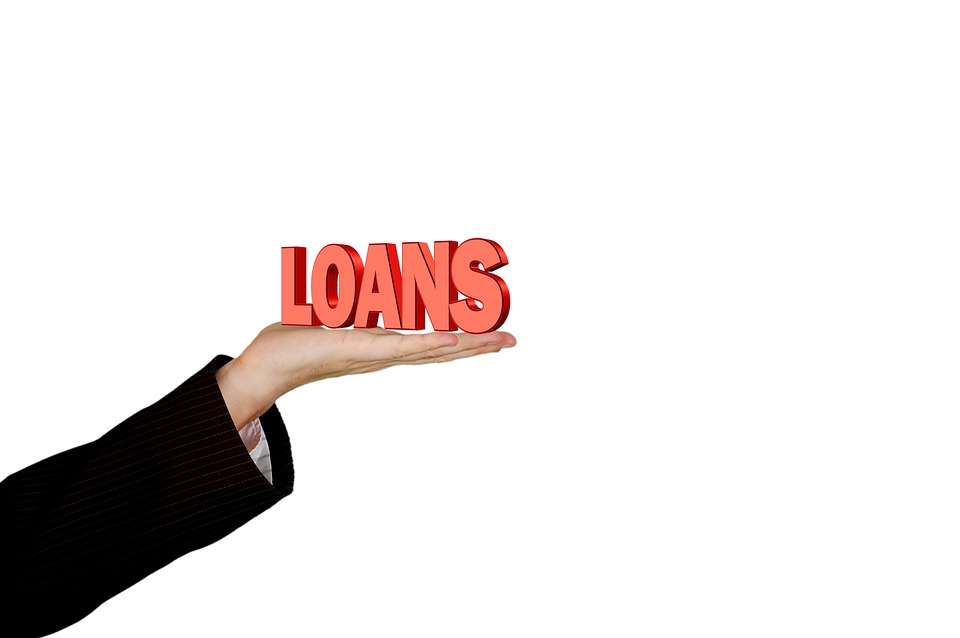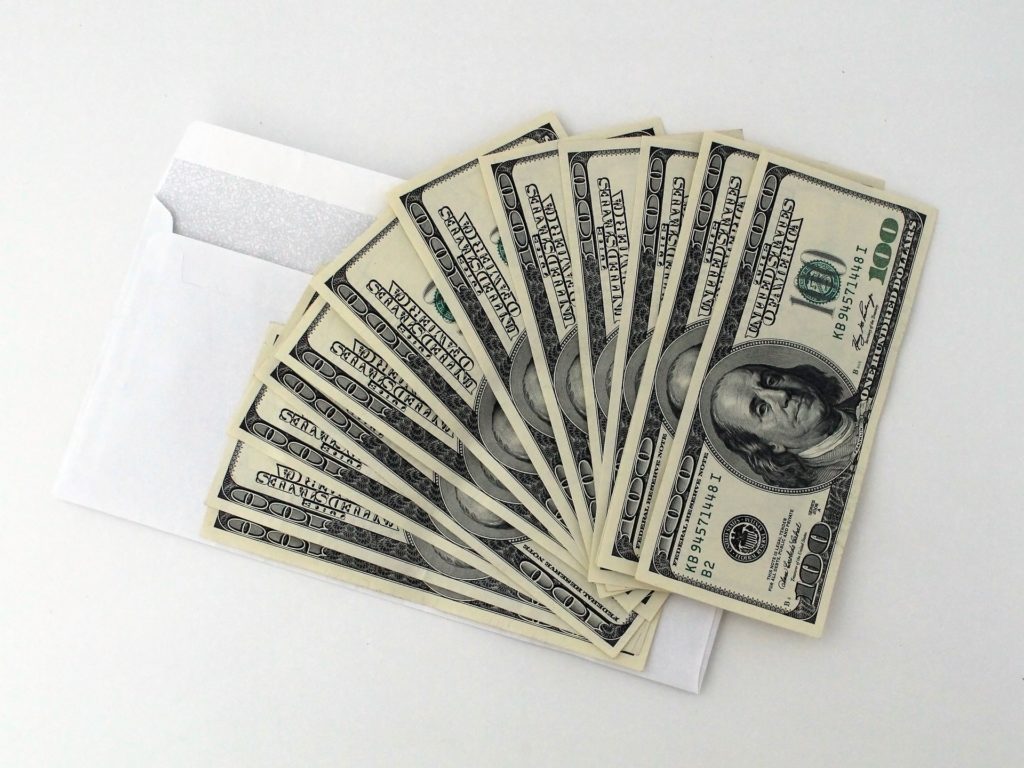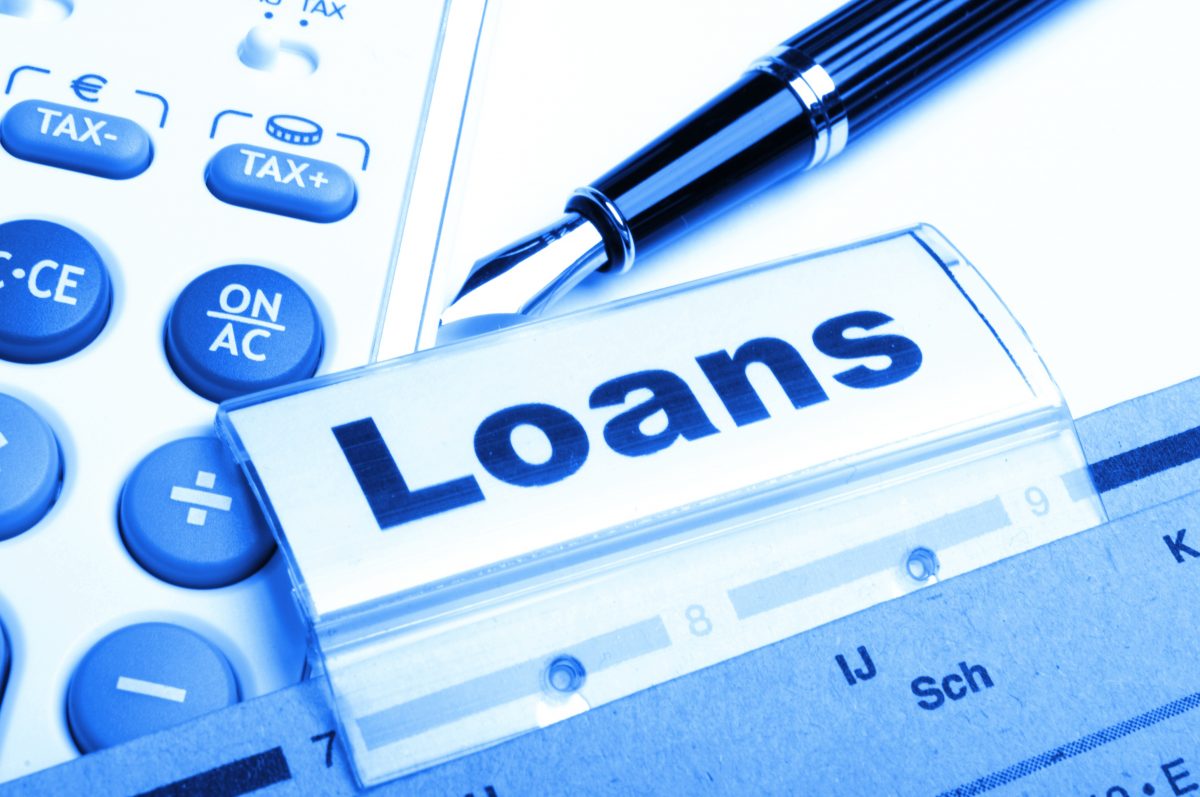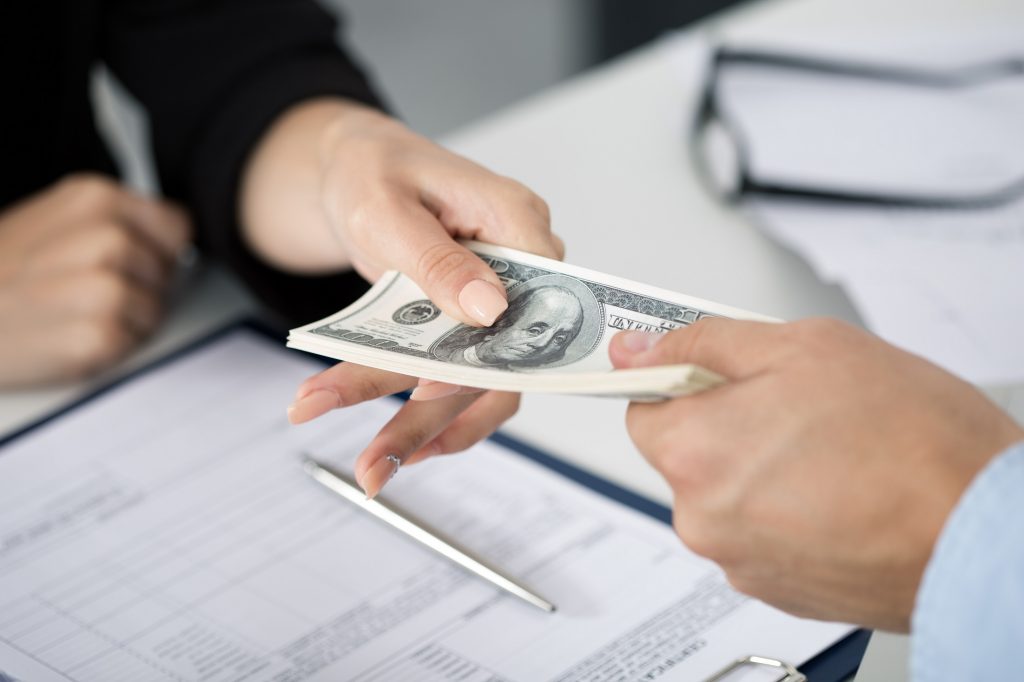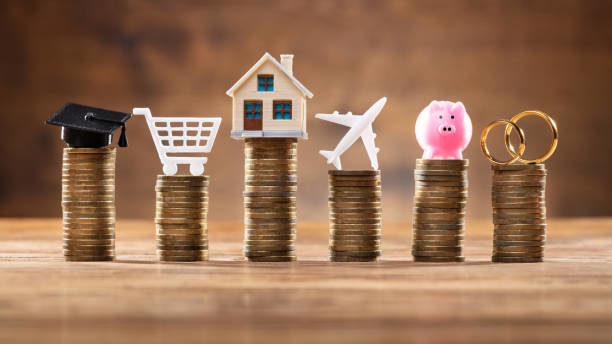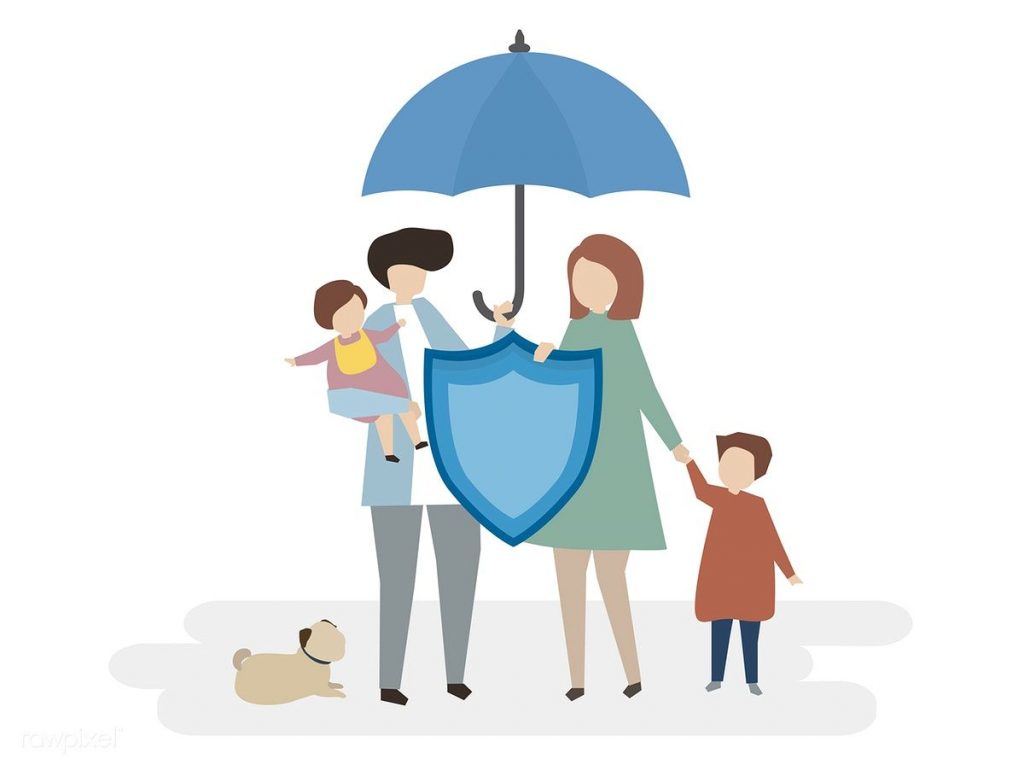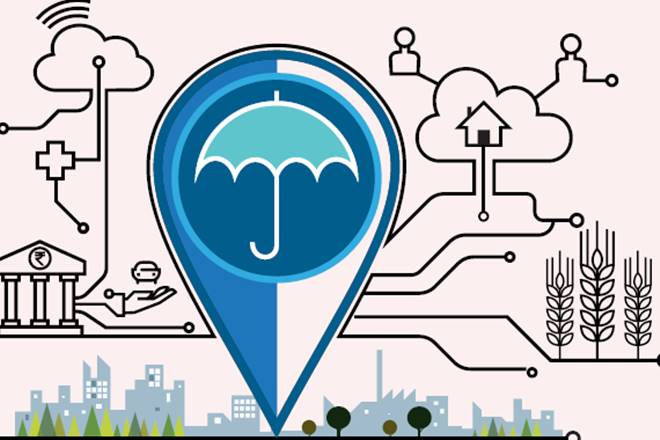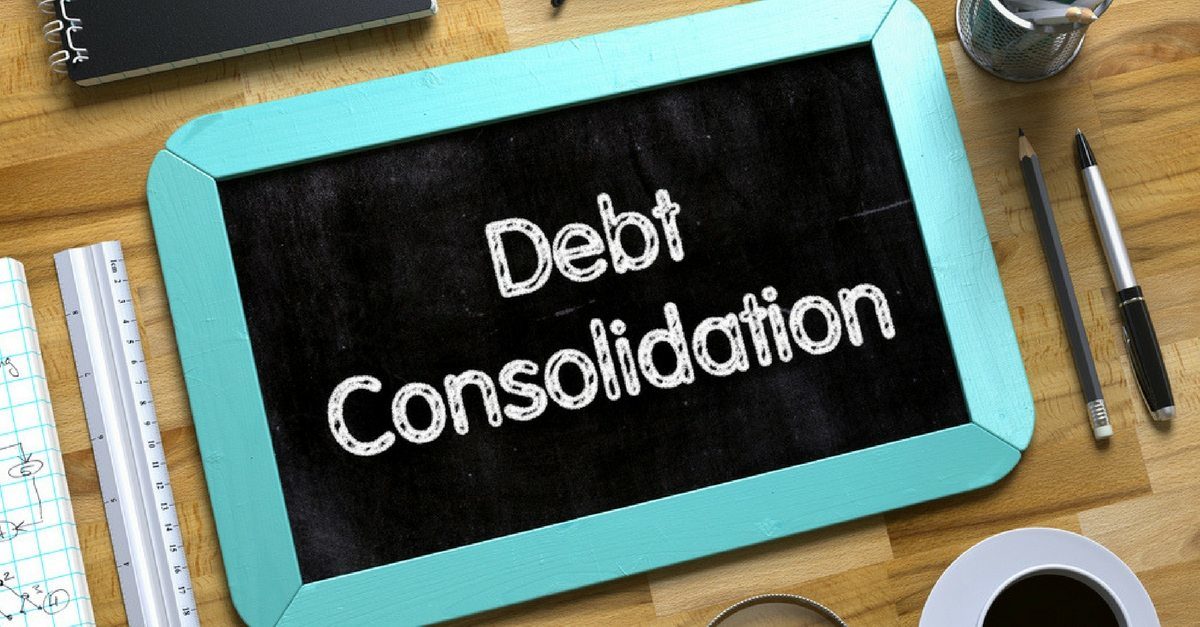
Things to Know about Personal Loans before Using Them for Debt Consolidation
Debt consolidation could be an effective way of paying off all your high-interest credit card debts and it would help you in saving thousands of dollars eventually. The chief advantages of consolidating all your existing debts are fixed interest rates and single monthly payment. You must remember that when you use a personal loan lenders for paying off your existing credit card debts, you would be having zero balances across all your accounts. This would only imply one thing-gaining access to the actual credit limits which your credit cards actually have.
You know that personal loans are supposed to be general requirements and their unique rules.
Personal loans prove to be a boon for many people who have opted purpose loans. You have the liberty of using the funds but often some lenders would be restricting what you could do with their money. Personal loans are often accompanied by strict eligibility for debt consolidation for paying off multiple debts. While exploring various features of the personal loan, we came across https://www.huffingtonpost.in that claims that “When it comes to saving on debt payments, consider that if someone is paying $348 a month on a $16,000 debt with 20.99% interest rate, they would spend $16,727 on interest payments before paying off the debt. If they were to get a personal loan with the same monthly payment of $348 at a 10.99% interest rate for a 5-year term, they would save $11,863 and pay off their debt faster.”
Personal Loans Are Supposed to Be Unsecured
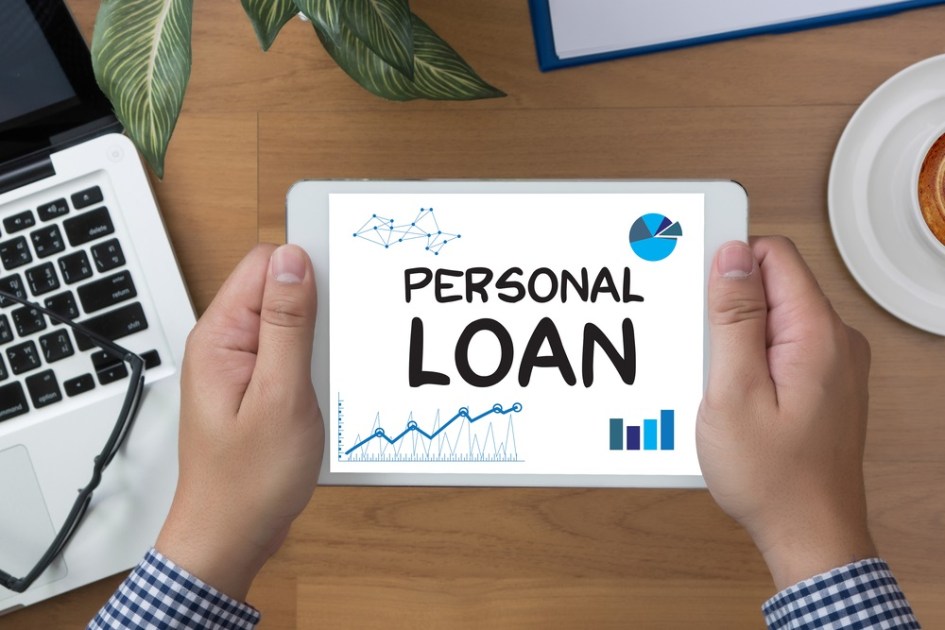
Personal loans are generally, unsecured implying there is no need for you to present collateral like a car or a house for acquiring funds, and in the case, your loan request is approved, you could get your money within a few days. Since you do not need to offer any property or asset as security when you are taking out a personal loan for debt consolidation, the lender does not have the liberty of automatically seizing your asset or property as a substitute for your outstanding payments if you start defaulting. Moreover, as personal loans are unsecured, it is really quite tough to get personal loan approvals for debt consolidation.
However, lenders of personal loans are empowered with the liberty to take some other collection measures even if they are not authorized to take your car, house, or any other such asset. These measures would be including reporting late payments directly to credit bureaus, or taking legal action against you, or employing the services of a hiring agency.
Personal Loans Offer Fixed Interest Rates
Personal Loans are quite different from other loans, for instance, your ‘home equity line of credit’ would be having a variable rate of interest that could be changing with the changes in interest rates in the overall economy. Loans with variable interest rates would look quite enticing initially since their initial interest rates seem to be quite impressive and low. But these rates fluctuate and you cannot anticipate how high they are going to get by the time your loan term is over. It makes budgeting pretty challenging as you cannot anticipate the changes. We know that the rate of interest on your personal loan would be locked. It would remain the same and would be fixed during the entire loan term. You may take help from Nationaldebtrelief.com for perfect loans and debt solutions.
Interest Rates Would Be Determined As Per Your Credit Score
Interest rates would be determined according to how good your credit score is. The better the precise credit score, the lower the interest rate would be on your personal loan. Lower interest rates seem to be the best as that implies you would be paying less for borrowing whatever amount. You could make substantial savings in terms of interests.
Personal Loans Must Be Paid Back Within a Specified Period
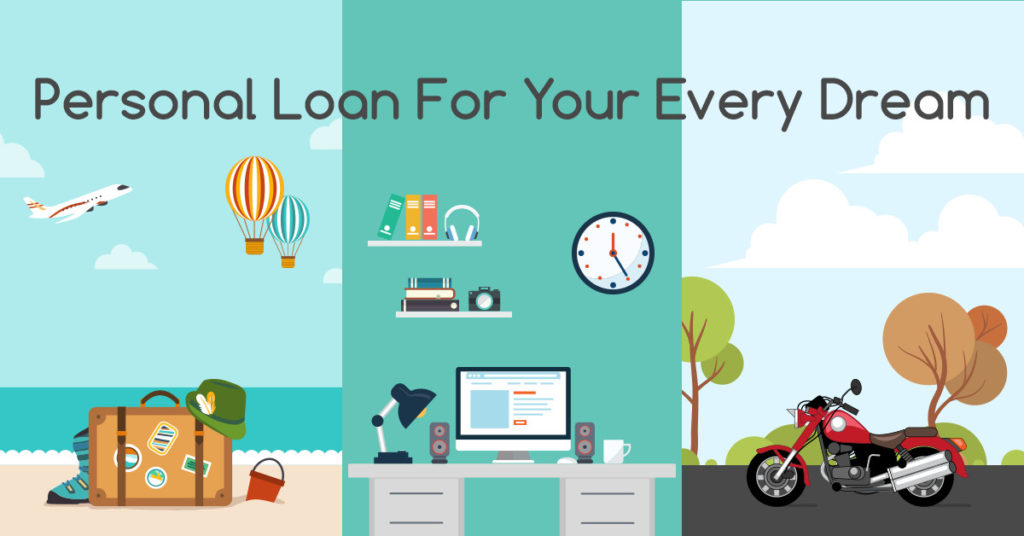
Most personal loans would be having a fixed term extending between one and five years. During this fixed repayment period, you need to go on making a fixed repayment every month. This would surely make a dent in your outstanding balance. If you wish to know for certain when you would be finally, paying off your outstanding debt balance, you must opt for a personal loan.
A Personal Loan Actually Is Supposed to Be for a Fixed Amount
The personal loan amount would be ranging somewhere between $1000 and $50000 depending on your income, lender, credit score, and other debts. You could get a higher amount for borrowing provided you are having a higher income and better credit score. Most banks and other financial institutions would be placing caps on the amount that could be borrowed by you. For instance, you could only borrow $10000 at max even though, you are entitled to borrow more since you have an excellent income, supposing it is the lender’s policy to strictly not to offer anything more than that.
Personal Loans Impact Your Credit Score
Most lenders would be reporting details about your loan accounts to directly the credit bureaus. This information is then incorporated into your credit report. Remember every step you take right from putting in a loan request application to how promptly you are making the loan repayments would be impacting your credit score. Remember preapprovals would not usually, be showing up as compared to hard inquiries which could be seen by everyone on your credit file. Moreover, preapprovals do not impact your credit score. The secret to maintaining an impressive credit score is simply making all your loan repayments promptly every month and paying down the outstanding balance consistently.
Conclusion
Customers have to constantly juggle savings, financial obligations, and surprise expenditures, which is why these features tend to appeal to a large customer base. You must, of course, be wary of loan scams. Most deals that look too good to be true usually are; if a lender promises approval without looking into your credit history or gives you ridiculously good terms despite a poor credit score, it is a big red flag. Another red flag is if they ask for money upfront to help secure the loan, through channels like prepaid cards or wire transfers. A good starting point to ensure you are dealing with good people is the Consumer Financial Protection Bureau or the Better Business Bureau.



